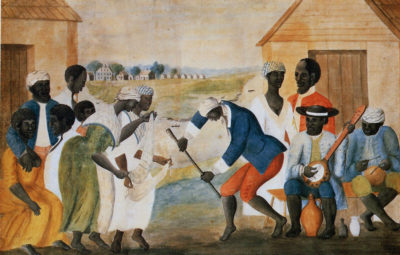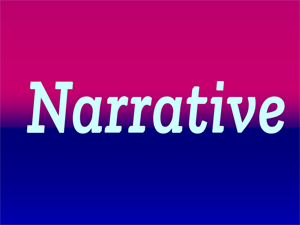Kofi Dorvlo
Wisdom web, September, 17th 2020
Stories are also presented as anonymous songs. These are mainly traditional narratives designed by elders to take the youth to life in the past. In most cases, this is ingrained in folk memory and storytelling time is the opportunity to bring these out to the young ones.
A good example is the narrative about Kondo with the song. Kondo is a native endowed with ancestral prowess but was incidentally tricked into slavery.
This demonstrates how wisdom is necessary for the survival of a spiritually strong person in the modern world where the act of treachery abounds and is deployed to destroy many unsuspecting people.
The life of Kondo is presented to serve as a lesson to the audience so that he seeks wisdom in all that he does.
The Ewe version and the English translation
Kondo yi yevuwode megbɔ o
Dada be, miva mitso gbe ɖedzi
Kondo yi yevuwode megbɔ o
Mitso gbe ɖe dzi
Miaƒe aʋafia yi aʋa megbɔ o
Mieyina aʋa wɔge …
Kondo went to the white man’s land and he is not back.
The mother said, come let us bet on it
Kondo went to the white man’s land and he is not back.
Let us bet on it
Our warlord went to war and he is not back.
We are going to war…
In a narrative style, the song presents Kondo as a spiritually competent man whom nobody thought could be tricked in any way and as a result, was revered by many.
One day, he was consulted by the white man that he should organize a drumming group to entertain his colleagues in a waiting ship. He agreed and led the drumming troupe on board the ship. They played for several hours to the admiration of those on board the ship.
When it was time for them to come back, Kondo realised that the ship carried them including the drummers far away, deep in the sea. He could not return.
His mother could not believe this story when she was informed and swore that his son would return. The people in Kondo’s community never saw him again.
The audience in the storytelling setting would put themselves in the position of the main character and negotiate with the challenges faced by the characters and try to fashion out how they would have behaved in similar situations.
One would have thought how these drummers would have wished that Kondo would use his powers to bring them back to Benin (Africa). This was not possible.

However, we know these people arrived in the new world and were known to have traditional narratives in the West similar to the ones we have here in Ghana, Togo, and Benin. If they are transported as a group to a plantation then the intended outcome of slaves working on the farm and the slave owner would have increased output of raw materials to industries in America.
The other outcomes would be the traditional cultural practices experienced on the plantation. The other unintended practices will diffuse in the plantations and be practised even if the group is broken into parts on different plantations.
Notes
[2] Source: Public domain The Old Plantation (circa 1785-1795) – John Rose, Slaves Dancing on a South Carolina Plantation, Abby Aldrich Rockefeller Folk Art Museum, Williamsburg, Virginia








